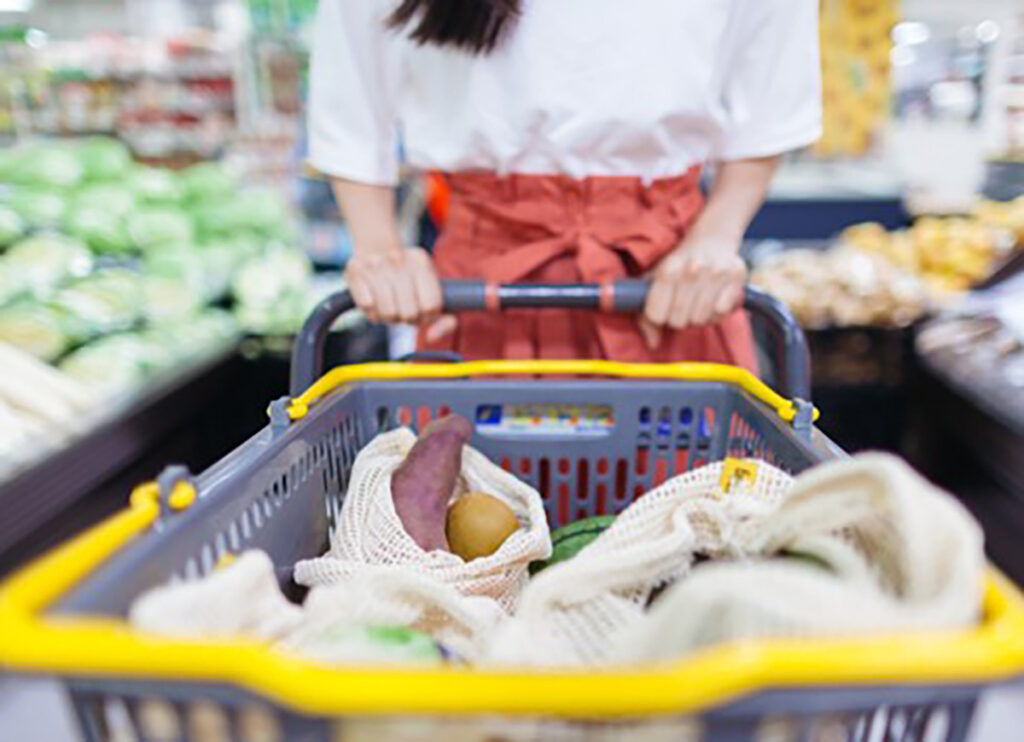Conscious Consumption
WASTE MANAGEMENT

Introduction
Conscious consumption covers several topics, i.e., food waste and packaging, energy consumption, transport as well as buying new clothes, furniture, household appliances, etc. The key elements of conscious consumption are to avoid unnecessary purchases, prefer reuse, repair, quality products and reliable producers supporting circular economy, sustainability, and recycling.
Description
Conscious consumption has environmental and ethical aspects, too. Thus, awareness-raising and protecting consumers to be able to get correct information on products before purchasing is strongly required. In 2022, the European Commission adopted a proposal for a directive on Empowering Consumers for the Green Transition. Greenwashing and false environmental claims can mislead the consumers, but this directive can help eliminate these issues as well.
Buying second-hand products, choosing to repair instead of buying new products are in line with the principles of circular economy. A recent study highlighted that EU citizens have a low engagement in circular economy which can be explained by the lack of information on products’ durability and reparability. However, there are also identified market barriers. By organizing local flea markets or farmer’s markets, and opening recycling centres, cities can provide opportunities for their residents to consume consciously.
Energy consciousness is about improving our energy efficiency and becoming more conscious consumers. It can cover labelling, smart home solutions and environmentally friendly mobility.
We have to fight against consumer society, unfair prices, food, packaging and energy waste together. We should reduce our raw material, water and energy demand as well as the amount of produced waste to mitigate our society’s ecological impact.

